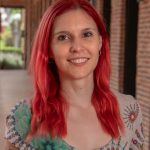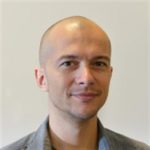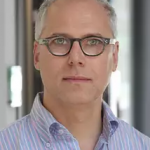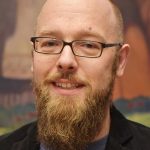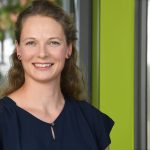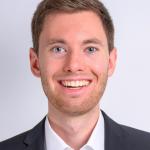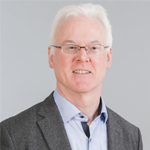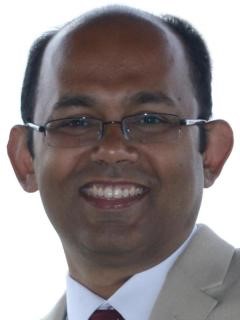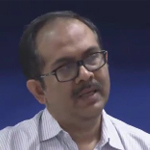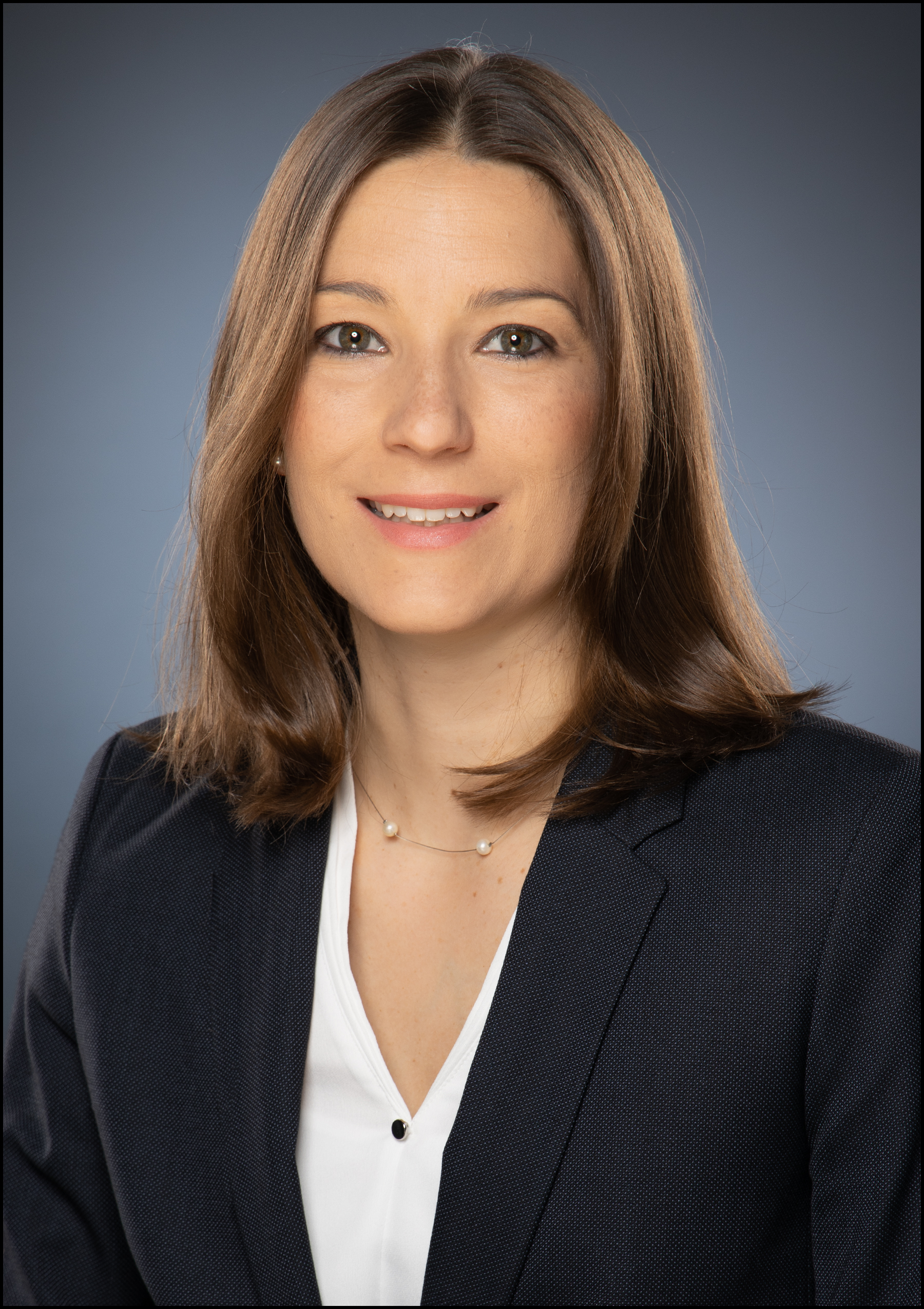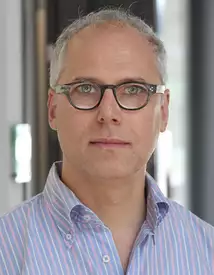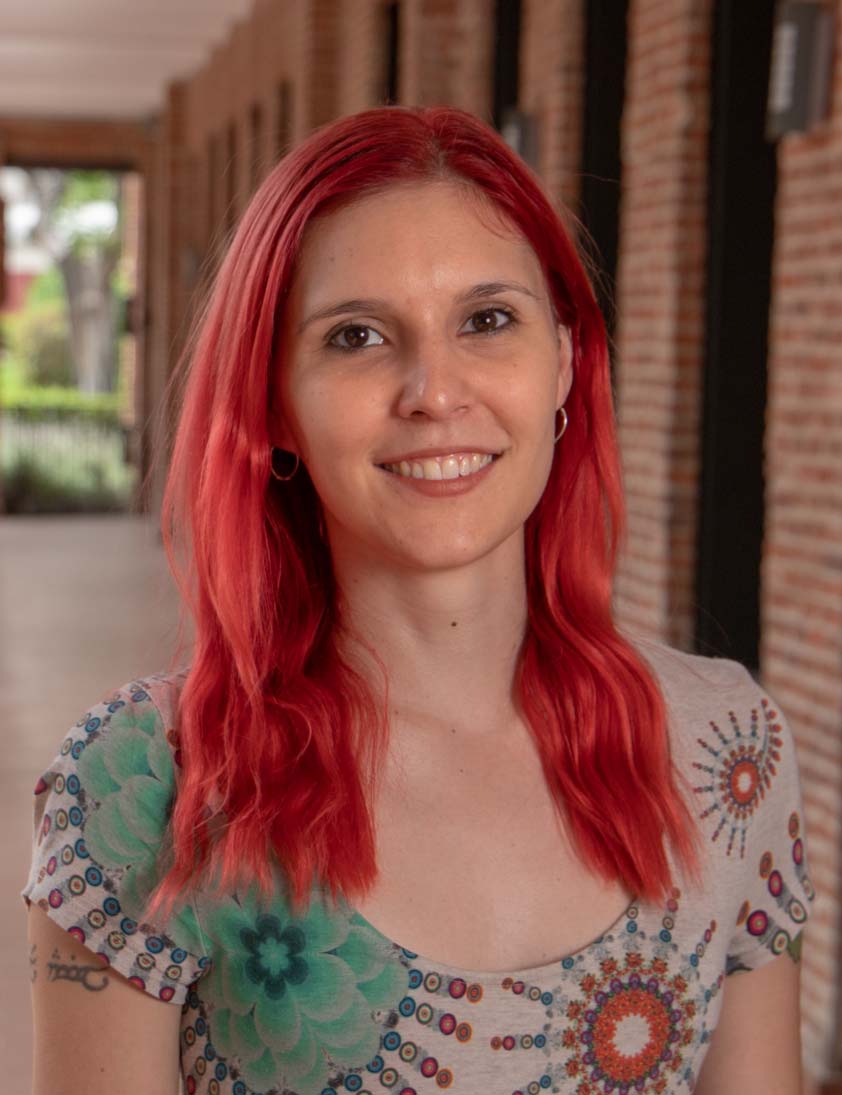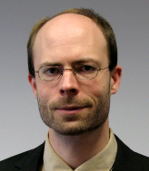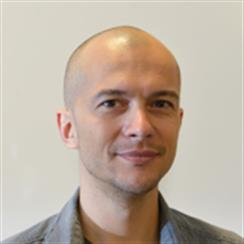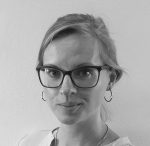Summer School: AI for Bio-Medicine
The Leibniz AI Lab aims to build a community involving researchers from AI, biology and medical professionals, and more to address the shared questions in personalized medicine.
Together with Hannover Medical School, we invite you to attend the Leibniz AI Lab Summer School during 27 June – 1 July in 2022.
The intensive one-week school brings eminent scientists from diverse domains to inspire and guide students and early career researchers.
The well-designed tutorials and hands-on sessions in data science, bioinformatics, and computational biology will cover introductory to advanced topics. We will have several keynotes to further inspire and showcase the opportunities and challenges in this interdisciplinary field.
In light of improving COVID19 situation, we plan this event to be hybrid, with priority to on-site participation.
Registration will open in Wednesday, 11 May and remain open until Wednesday, 15 June.
On-site registration: 300 €
Virtual registration: 100 €
On-site and virtual participation will be capped at 50 spaces each.
Morning and afternoon refreshments will be provided as well as lunch per diem per student.
Device & Software Requirements
Software requirements include:
- Microbiome analyst (https://dev.microbiomeanalyst.ca/MicrobiomeAnalyst/home.xhtml) to perform the analysis with a dataset to be provided
- Rstudio Desktop (https://www.rstudio.com/products/rstudio/). Participants will need to install some libraries and download some data
- Jupyter Notebook installation (https://jupyter.org/install)
- With additional requirement of a SciJava kernel in addition to Python. Docker.
Please note this is a Bring You Own Device (BYOD) event. There will be a limited number of devices available in case of device failure.
Make sure to book your accommodation in time, you can find suggestions below.
Contact Cameron Pierson or Sophie Schröder for inquires.
Register here
Confirmed Speakers
Dr. Laura Judith Marcos Zambrano
Fabian Müntefering
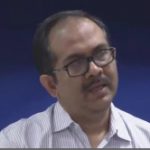
Ganguly
Haag
Hoehndorf
Illig
Jan Voges
Mitra
Prof. Dr. Martin Vingron

Prof. Dr. Norbert Graf
Prof. Dr. Steve Hoffmann
Rosenhahn
Stanulla
van Bömmel
Student Ambassadors
Schedule
Gentle Introduction to Natural Language Processing
In this session, we will be presenting the basic prerequisites and foundational concepts of natural language processing (NLP) that are relevant for understanding the current state of the art applications of NLP for medicine. The topics covered will cover how distributional models of word representation are developed, concepts of parsing, basics of language models along with practical preprocessing steps. This session is targeted for those with no previous exposure to natural language processing.
Morning Tea
State of the Art NLP Models and their Applications
A bird’s eye view of the state of the techniques in NLP will be presented, along with their major applications. The applications have been carefully curated to reflect the intersection between NLP and Biology related applications that will be described in the third session. Major topics in this session include automatic summarisation, entity/relation identification, sentiment analysis, translation and so on. This will be followed by a discussion on evaluation methods and practical considerations. This session will also have a practical demonstration component.
Lunch
Natural Language Processing and Biomedical Applications
Starting from the basic concept that many biomedical applications and NLP applications have a large intersection, this session will have a high level overview of these similarities. The session will have a broad discussion of issues in biomedical data for machine learning and natural language processing. This will be followed by the mapping of NLP applications to biomedical tasks such as transcription, medical text modelling, application of NLP models for gene sequencing, handling multi modal data and so on. This session will also have a practical component.
Afternoon Tea
Elevator Pitch
Participants will provide a 1-3 minute overview of their research.
Basics of RNA Biology for Computer Scientist
This lecture is an introduction to RNA biology and will provide an overview of the features, abundance ratios, and functional diversity of RNAs with a focus on human cells. In addition, we will look at what features of RNAs are used to create libraries for RNA sequencing.
Morning Tea
Next Generation Biobanking
"Advances in the “omics” field bring about the need for a high number of good quality samples. Additionally the access to high quality biosamples and related clinical data is a basic prerequisite for advanced biomedical research. Many omics studies take advantage of biobanked samples to meet this need. Most of the laboratory errors occur in the pre-analytical phase. Therefore evidence-based standard operating procedures for the pre-analytical phase as well as markers to distinguish between ‘good’ and ‘bad’ quality samples taking into account the desired downstream analysis are urgently needed. Advances in analytical biochemistry have recently made it possible to obtain global snapshots of metabolism. Especially the combination of different molecular omics techniques shows major differentiations in the metabolic make-up of the human population. Metabolites may subscribe the risk for a certain medical phenotype, the response to a given drug treatment, the reaction to a nutritional intervention, or environmental challenge. This presentation combines data about biobanking procedures and routines in a big professional clinical biobank and combines it with biobanking research with modern high-throughput data."
Lunch
Tutorial: Types of Biomedical Data/ Sequencing Protocols
The following topics will be covered: data types, quality metrics, mapping to the reference genome, quantification on gene/transcript level, normalisation, differential expression analysis and visualisation.
Afternoon Tea
Tutorial: Understanding RNA sequencing
The following topics will be covered: data types, quality metrics, mapping to the reference genome, quantification on gene/transcript level, normalisation, differential expression analysis and visualisation.
Hands on: Basics of RNA sequencing
The following topics will be covered: data types, quality metrics, mapping to the reference genome, quantification on gene/transcript level, normalisation, differential expression analysis and visualisation.
Morning Tea
Keynote: Machine Learning in Gene Regulation: Simple Methods and Complex Data
This presentation will summarize a few projects where machine learning methods are being employed to unravel gene regulatory mechanisms. The challenge lies in the combination of DNA sequence information with functional measurements on the epigenetic state of the chromatin in order to rationalize in which cellular state a gene gets activated. Time permitting, I will include some philosophical remarks on the importance of the choice of positive and, especially, negative training data.
Lunch
Special Session: Compression of DNA Sequencing Data
With the release of the latest generations of sequencing machines, the cost of sequencing a whole human genome has dropped to less than US$1,000. The potential applications in several fields lead to the forecast that the amount of DNA sequencing data will soon surpass the volume of other types of data, such as video data. This development hinders the widespread use of DNA sequencing data in fields such as individualized precision medicine. In this special session we will introduce you to novel data compression technologies that aim at enhancing storage, transmission, and processing of DNA sequencing data. We will show how these new developments support the democratization of DNA sequencing data and help realize its yet undiscovered potential. This special session will consist of introductory talks followed by a hands-on session.
Afternoon Tea
Gut Microbiome Data Analysis: from 16S Gene Sequencing to Complete Metagenomes
"There is an intimate relationship between the gut microbiome and the epithelial cells of the gut; disruptions in the balance of this relationship (dysbiosis) are linked with several diseases, including cancer and immune-metabolic disorders. The gut microbiome comprises the genome of all the microorganisms that inhabit the gut. It plays a crucial role in the body's nutritional, metabolic, physiological and immunological processes. It also produces several metabolites such as short-chain fatty acids (SCFAs), branched-chain amino acids, vitamins, and hormones that affect several metabolic and inflammatory pathways. Therefore shifts in host-microbiome interactions have a clinical impact on health, especially in metabolic and immunological diseases. In the past decade, there has been significant progress using genomic sequencing and computational pipelines to interpret the human gut microbiome, mainly by using 16S rRNA sequencing and shotgun metagenomics. Both tools have advantages and limitations and are the cornerstone for interpreting microbiome state and its relationship with disease. However, interpreting and discussing gut microbiome results can be challenging, especially with a lack of standard parameters and reference data. We will discuss the current evidence in host-microbiome interactions and develop a hands-on session to analyze and visualize microbiome data considering compositionality. "
Tutorial – I: Computer Vision
This tutorial on computer vision is focusing on unsupervized methods for machine learning. > It will start with an introduction to some basics in statistics and continue with methods for subspace projection and data visualization. > This will include multi-dimensional scaling and the principal component analysis. Afterwards the tutorial continues with fundamentals on neural networks and architectures for unsupervized learning, e.g. autoencoders, variational autoencoders and invertible neural networks. Such approaches can be applied to pattern analysis, conditional representation learning and anomaly detection.
Morning Tea
Lunch
Tutorial I: Semantic similarity and machine learning with biomedical ontologies
Ontologies are widely used to characterize biomedical data and ensure interoperability between different databases. I will provide an introduction into methods that use biomedical ontologies in machine learning models. I will first introduce semantic similarity measures that rely on axioms in ontologies to compare domain entities. From semantic similarity, I will develop and discuss unsupervised machine learning methods that "embed" ontology axioms in vector spaces, and show how they can be used to capture semantic similarity. Through a set of executable notebooks, we will then apply these methods to the task of diagnosing rare disease patients based on machine learning over phenotype ontologies.
Afternoon Tea
Tutorial II: Semantic similarity and machine learning with biomedical ontologies
Ontologies are widely used to characterize biomedical data and ensure interoperability between different databases. I will provide an introduction into methods that use biomedical ontologies in machine learning models. I will first introduce semantic similarity measures that rely on axioms in ontologies to compare domain entities. From semantic similarity, I will develop and discuss unsupervised machine learning methods that "embed" ontology axioms in vector spaces, and show how they can be used to capture semantic similarity. Through a set of executable notebooks, we will then apply these methods to the task of diagnosing rare disease patients based on machine learning over phenotype ontologies.
Pediatric Oncology
Medicine is undergoing a paradigm shift from phenotyping to genotyping. An open modular architectural framework for tools, models, and services together with a legal framework for data privacy and data security is developed in different European projects in cooperation between basic scientists, clinicians, informaticians and modellers as well as ethicist and lawyers. Models using AI for different cancer types are developed to foster translational medicine. One of the cancer types is nephroblastoma, the most common kidney cancer in childhood.The developed model for nephroblastoma is clinically driven to enhance decision support. This is guaranteed by an IT infrastructure that is able to handle and share heterogeneous data sets composed of clinical, imaging and basic research data. The infrastructure enables standardization and semantic data interoperability and can integrate the developed models. A legal framework ensures data protection and privacy by implementation of policies for accessing data, services, tools, and models.
The evolution of treatment in pediatric cancer - from no treatment to individualized approaches
After the end of World War II, the discovery of cytotoxic substances led to development of the first systematic clinical approaches to malignant diseases – the true birth of cancer chemotherapy. In 1948, the report of a 3-months remission in ten of 16 children with leukemia undergoing folate monotherapy documents the first successful chemotherapy for childhood leukemia. In 1956 the first successful treatment of a solid tumor by antifolates was reported. It took another ten years until combination chemotherapy was developed which resulted in the first long-term remissions of pediatric leukemia. During the next decades, continuous optimization of polychemo- and radiation therapy in parallel with improved clinical and biological characterization of pediatric cancers led to more refined risk-adapted treatment stratification. This allowed to better balance the risk of disease recurrence and therapy-related toxic side-effects and resulted in growing survival rates. In more recent years, supported by the enormous technical progress in sequencing technologies, biological characterization at both tumor and host levels progressed towards truly personalized genomics which currently results into “super-stratified” treatment approaches. From now on, the challenge will be to integrate the growing complexity of comprehensive data at different biological levels with clinical data and to decipher those pathways integral to malignant disease and treatment response. Keeping in mind an ever growing number of new substances entering the drug market for malignant diseases, it will be difficult to evaluate the results of integrated efforts in context of numerous new drugs and their combinations in classical clinical trial structures. Therefore, innovative computational and mathematical tools will be needed to allow the transition from “super-stratified” to truly individualized pediatric cancer medicine.
Morning Tea and Collaboration Time
Good to know:
Hotels and Hostels in Hannover
Schlafgut
Schaufelder Str. 11
30167 Hannover
https://werkhof-hannover.de/uebernachten/
Bed’nBudget City-Hostel
Osterstraße 37, 30159 Hannover•0511 3606107
https://www.bednbudget.de/city-hostel.html
Hostel Hannover
Lenaustraße 12, 30169 Hannover•0511 1319919
DJH Hostel Hannover International
Ferdinand-Wilhelm-Fricke-Weg 1, 30169 Hannover•0511 12359080
https://www.jugendherberge.de/jugendherbergen/hannover-301/portraet/
Hotel Boutique 030 Hannover City by INA
Goethestraße 30, 30169 Hannover•0511 54304560
https://www.centro-hotels.de/de/standorte/hannover/hotel-boutique-030-hannover-city.html
B&B Hotel Hannover-City
Philipsbornstraße 2, 30165 Hannover•0511 21388320
Mercure Hotel Hannover City
4-star hotel
Willy-Brandt-Allee 3, 30169 Hannover•0511 80080
Mercure Hotel Hannover Mitte
4-star hotel
Postkamp 10, 30159 Hannover•0511 473900
ibis budget Hannover Hauptbahnhof
1-star hotel
Rundestraße 7, 30161 Hannover•0511 2355570
Hotel City Panorama
Münzstraße 5, 30159 Hannover•0511 89706015
https://www.hannover-city-panorama.de/
DB offers a 9€ Ticket to use on all public transport in June: https://www.bahn.de/angebot/regio/9-euro-ticket

